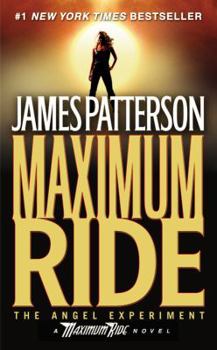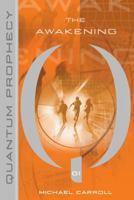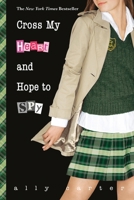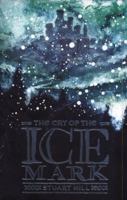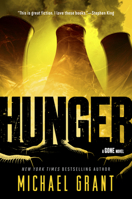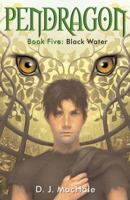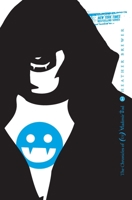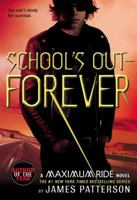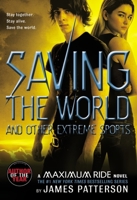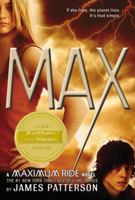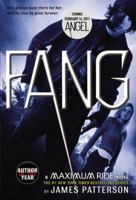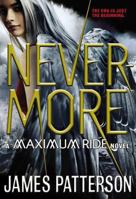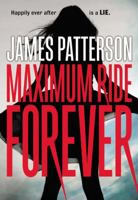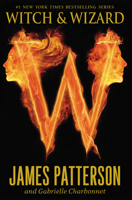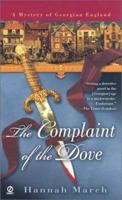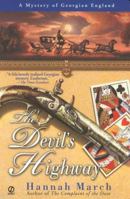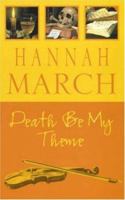You Might Also Enjoy
Book Overview
Customer Reviews
Rated 5 starsAmazing!
I read this series in middle school to high school and haven’t forgotten about it since. I’m buying now to give to my kiddo!
0Report
Rated 5 starsGreat deal
Couldn't put it down.
0Report
Rated 5 starsOne of my all time favorites!
I read this series in high school and absolutely loved it! I recently decided to reread it and it did not disappoint! I love the characters a lot. Max is smart and headstrong, but is not without fault. I highly recommend reading the whole series!
0Report
Rated 5 starsLoved it from the first sentence!
Words can not describe how good this series is. I have read all but the last book and although it seems like James Patterson is running out of things to write about as the series goes on you just become so attached to the characters that you keep reading. I would definitely reread this series and I'm normally not the type of person to reread a book.
6Report
Rated 5 starsMaximize your reading with some good time Sci-Fic by Patterson
If anything, I had seriously misconceptions when it came to Maximum Ride. For once it was written by James Patterson, world renowned author of murder mysteries that were turned into movies usually starring Morgan Freeman to name a couple. When I saw this down at the library in the young adults section, the immediate thought that came flying from my head was, "Somebody misplaced this book in the wrong section!" I thought...
5Report











